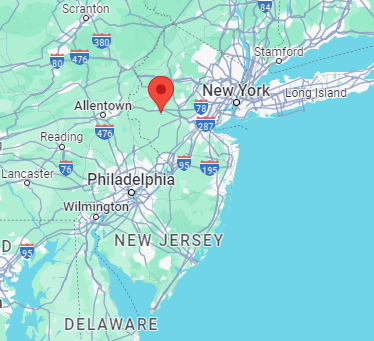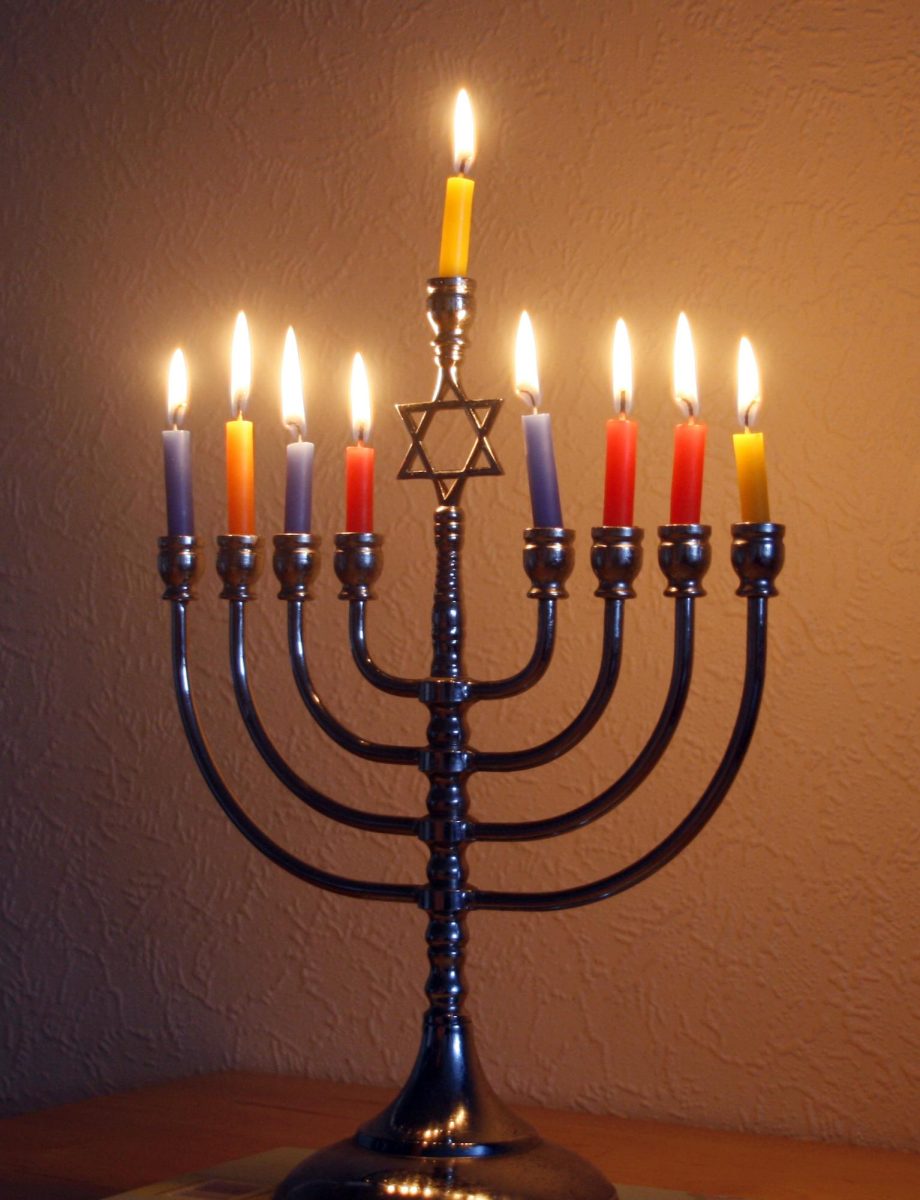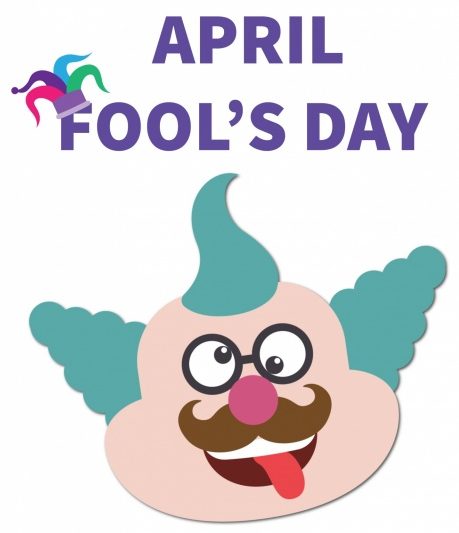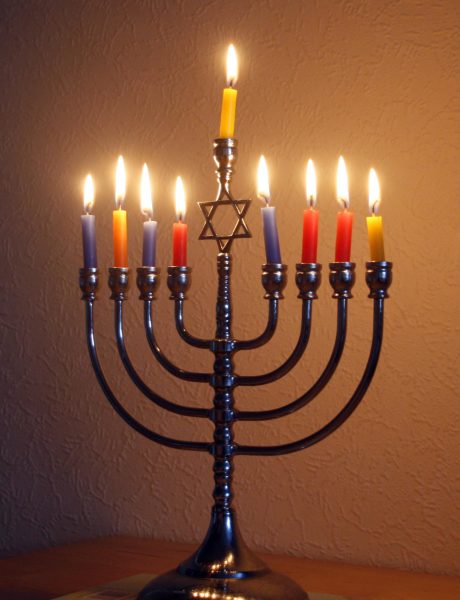To Fool or Not to Be Fooled
April Fools’ Day is Back
April Fools’ Day is renowned worldwide as a day to prank friends, colleagues, and others who, so happens, to stumble across your way. Although many are aware of the holiday and celebrate it, many don’t know the origins of it. Ironically enough, historians don’t quite know its origins either, but all will be revealed in the following paragraphs. The celebration of such a renowned holiday should expect at least some to know its origins, not knowing and understanding what you’re celebrating is ignorant, as the point of the holiday is to give the person something special to that day, at the least, it can be acknowledged. Knowledge is power for those who decide to use it; it’s better to be informed rather than be uneducated, which is the main point of this article, to inform the reader on what they’re celebrating.
The first thing to make known is that the real origins of the holiday, April Fools’ day, is most likely lost over time, as most excerpts mentioning it, are also questioning where it came from. A quick example of this would be a 1708 letter to Britain’s Apollo magazine, which asked “Whence proceeds the custom of making April Fools’?”(Brandon Specktor). A likely predecessor to the holiday is the Roman tradition of Hilaria, basically, a spring festival that includes games, processions, and masquerades, where disguised commoners could imitate nobility. It’s difficult to say whether or not these similarities to modern April Fools’ day are legit or coincidental because the first record mention of the holiday wasn’t until several hundred years later. Although not much is known about the origins of the holiday, there is still more to explore about how other countries celebrate April Fools’ Day.
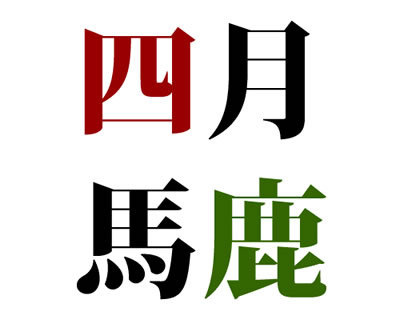
April Fools’ Day is considered a national holiday, but many countries have adapted it to their own culture. France celebrates April Fools’ Day by sticking a paper fish onto the backs of as many people as possible and yelling “Poisson d’Avril”, this is relatively something children partake in. Another place is Greece, where tricking someone on this day is said to bring the prankster good luck for the entire year. Along with this, some parts of Greece say that if it rains on April 1st, then the rain has healing properties. Both of these countries show and present their versions of April Fools’ while keeping the concept of the original holiday still relevant.
April Fools’ Day will always be remembered as a lighthearted day that allowed people to have a little fun. Although the origins of the holiday aren’t quite clear, it doesn’t matter, as the only thing that truly matters is the appreciation of the holiday. As long as people appreciate and celebrate the holiday, it will never be forgotten as the multitudes of ways to celebrate it will be remembered in the history books. April Fools’ is a day for fun, where people trick others by doing senseless things to them. A holiday that everyone around the world can celebrate undistinguished from their creed or prominence.

April Fools' Day: How Did It Start, and Why Is It April 1?

